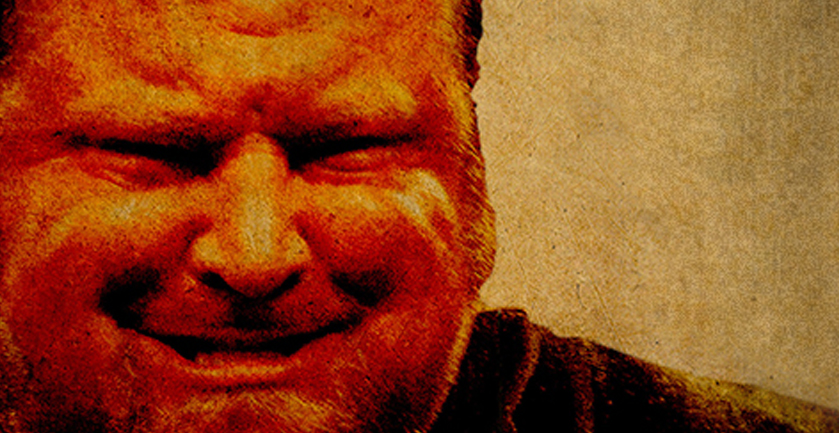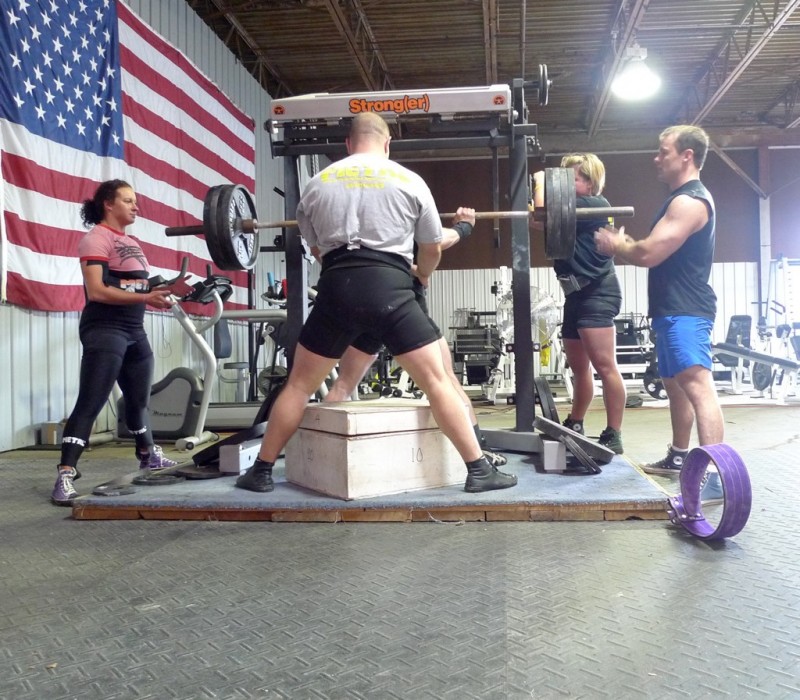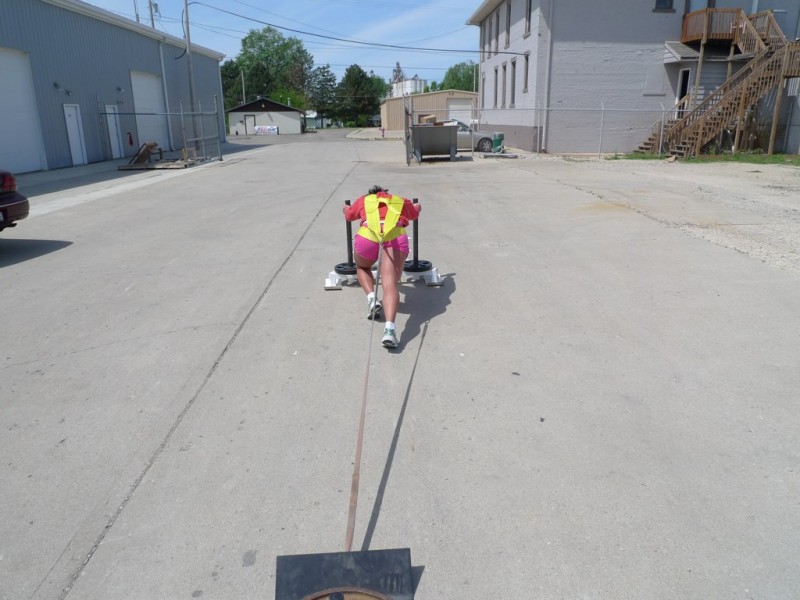
I have been around gambling and casinos a lot in my life. I have even spent time working in them and understanding why they are designed the way they are. They intentionally have lots of mirrors to disorientate you and make you feel that the place is much bigger than it is. The slots and gambling machines make lots of noises to create the idea that they are all paying off. In the old days, the coin trays were designed to make as much noise as possible when they paid off actual coins.
If you think about it, gyms work in the same way, although I am not sure that it is so intentional. Lots of mirrors make gyms look much bigger than they are and appear as though there is equipment everywhere. Then, there’s the noise of plates being loaded and clanging together during sets. Even the stack weights bang together when rubber could have easily been added between them. Loud and or motivating music is played over the speakers. A good gym gives the feel that gains are being made by everyone and that you can get stronger simply by being in that atmosphere, just like how walking into a casino can suddenly make you feel lucky. No wonder lifters want to be in the gym all of the time.
To exacerbate the issue of lifters always wanting to be training, we have modern social media and all of the standard publishing media out there. Ever follow a person’s social media where it seems as though he or she trains all day, every day? It seems there are new posts of big lifts and long training sessions all of the time. How often have you ever read an article about the day a lifter does not go to the gym or about what other hobbies he or she has? Have you ever read a major article about lifters doing short recovery sessions? Have you ever listened to a podcast of a lifter talking about taking naps or skipping a training session because he or she didn’t feel it? Hell, I imagine some lifters would get pissed reading or hearing about that.

I know that in my prime, I had plenty of people who complained that I did not train enough. They had no idea how hard my session actually was, and they had no idea how bad my recovery was (even though I was always honest about my issues). The fact is, I was way stronger than they were, and they refused to realize why. They could not accept the fact that sometimes — or actually a lot of times — less is more. They were so bound in the ideals that they worked and trained so hard that they thought that anyone who was better than them without always being in the gym must be a genetic freak. The fact is, they were not willing to give what I was willing to give. They were not willing to do what I was willing to do to become one of the best of all time. I was one of the few who was actually speaking the truth, but they refused to listen.
I have said it before and will say it again: I made just about every mistake in the book. I know what it is like to want to train every day multiple times a day. I know what it is like to love the gym so much I always want to be there. I know what it is like to have the gym and training be the things that keep me sane in this often messed-up world. I know what it is like to take great pride in how often and hard we train in the gym. I also know what it is like to finally see through that cloud of bullshit and actually understand what true dedication is all about. To understand what hard work really is. To let go of the false myths of training.
In truth, it is easy for most of us to physically beat the crap out of ourselves training. I mean, what do most of us ever really get out of it except for good feelings? It helps us to deal with horrible issues in our lives. It helps us to get stronger for ourselves or other sports. Most of us have a reason we started lifting in the first place, and many times, these are bad stories of things we struggled to deal with. Lifting gave us a way to cope with those things and gave us a place and a time to forget about them. Many times, it even gave us a sense of superiority above others. Don’t get me wrong here, either — I am not saying that any of these things are bad. They are all part of a transition, or at least they are supposed to be. The problem is that so many lifters get stuck right there — they never move to the next level. If I had not done all of these things, I would not have been able to evolve into the lifter I am, and at the same time, evolve as a person.
When I first started training conjugate, I quickly realized my whole team would go to shit every four weeks or so. I called Dave Tate, and in his typical fashion, he basically let me talk my way through it, then asked why I was not trying my own ideas.
LISTEN: Table Talk Podcast #21 with Dave Tate
Point taken: I need to trust myself. This is where I began to realize just how much crap information there was out there and that maybe I needed to be pickier about what I believed. It was not at all easy for me to train less; in fact, it was one of the hardest things I ever did. It was harder than any insane training session I had ever done. Trust me, I would much rather beat the crap out of myself in a four-hour training session than back off. What was my goal, though? Why was I putting in all of this work? Was I just lifting for the sake of lifting and the instant gratification it gave me? Hell, no! I wanted to be the strongest I could be. I wanted to be on platforms testing myself against the best in the world. That meant training smart and doing what needed to be done no matter what it was or how hard it was.
I am going to share one of the very best pieces of advice I have ever received. It was from Dave, and it was more than just words to me. Yes, it took a little while for it to fully sink into my thick skull, but it changed the way I thought. It was a way of looking at training unlike I had ever looked at it.
Dave said, “If you’re doing it to get stronger, then it is a training session!” Now I can only imagine that most people reading this are thinking, “That's why I am in the gym for every training session: to get stronger.”

What it means is that if you are doing anything specifically to get stronger, then that thing you are doing is a training session. This means that if you are eating more than normal specifically to gain strength and size, then that meal you’re forcing down is a training session. If you know you did not get enough sleep the previous night, and you are making sure that you fit a nap into your schedule, then that nap is a training session. If you realize that your muscles are too tight to use the proper technique and at night you’re doing 20 minutes of stretching, that is a training session. If you’re doing a short 20-minute recovery session in the gym to specifically get stronger, then that is a training session. Any single thing you do in your quest to gain strength is a training session — I don’t care what the act actually is.
Once you begin to truly understand this concept, you begin to see training in a whole new light. You move past the idea that strength comes only from heavy weights in the gym. You begin to understand that the time you actually spend in the gym is minimal compared with everything you do outside of the gym for your strength training. You begin to understand how important the balance between training and recovery is. You begin to realize just how important recovery is, and how, if you optimize it, you can train more or at least will have better lifting sessions.
It becomes so clear just how much what happens outside of the gym affects what happens in the gym, both positively and negatively. It leads to a more enlightened way of seeing strength training.
We strength athletes must evolve because as we get stronger, everything changes. As we get older or go through injuries, it all changes. We must strive to continue to learn and understand how strength works.
READ MORE: Powerlifting Takes More Than Just Brute Strength
In the beginning, it is often just about programs and lifting heavy. It is about putting in the work (what we think is work). In order to push ourselves to our limits and get the most out of ourselves, we must evolve into higher-thinking athletes who do not simply follow but the ones who lead. Athletes who understand the big picture and how everything is intertwined. Strength training is done in many ways, and all of them play very important roles in supporting one another.
Strength training is not just weight alone, and it doesn’t just happen in the gym.










